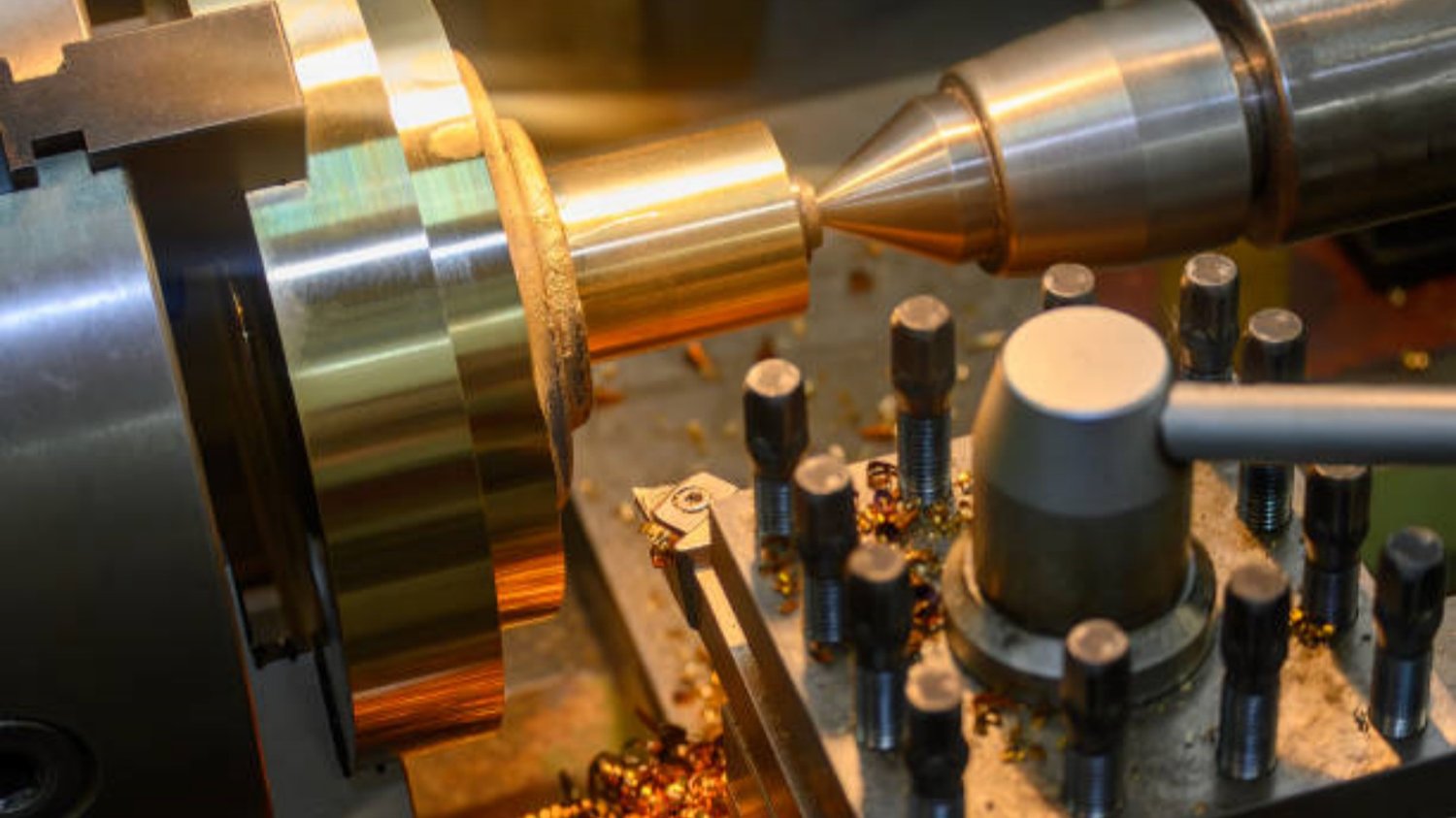The Basics of Metal Forming Machines
Metal forming machines are essential tools that are widely used in various industries, including manufacturing, construction, automotive, and aerospace, among others. In essence, they are machines used to shape metal into the desired form, size, or thickness. They are used to create a wide range of products, including metal sheets, pipes, rods, wires, rods, and other components used in various applications.
Types of Metal Forming Machines
There are various types of metal forming machines, each with unique features and functions. Some of the most common types include:
- Presses
- Rolling machines
- Bending machines
- Shearing machines
- Extrusion machines
- Stamping machines
- Forging machines
- Casting machines
How Metal Forming Machines Work
The operation of metal forming machines varies depending on the type of machine. However, the basic principle is the same. The machine applies pressure or force to the metal, causing it to change its shape or thickness. This can be done through various processes, including bending, shearing, rolling, extrusion, stamping, forging, or casting.
Applications of Metal Forming Machines
Metal forming machines are used in various industries to create a wide range of products. Some of the most common applications include:
- Manufacturing of metal parts used in construction
- Production of automotive parts
- Creation of metal sheets used in roofing and siding
- Crafting of decorative metalwork
- Production of pipes and tubes for plumbing and HVAC systems
- Manufacturing of aircraft and aerospace components
Advantages of Metal Forming Machines
Metal forming machines offer several advantages, including:
- Precision: These machines offer high precision, ensuring that parts are produced to the desired dimensions and specifications.
- Speed: Metal forming machines can produce parts quickly and efficiently, cutting down on production times and costs.
- Flexibility: These machines can work on different types of metals, making them versatile and adaptable to different applications.
- Consistency: Metal forming machines produce parts with consistent quality, ensuring that each part meets the same standards.
Factors to Consider When Choosing a Metal Forming Machine
Choosing the right metal forming machine is essential to ensure that you get the best results. Some of the factors to consider when choosing a metal forming machine include:
- Type of metal: Different machines are designed to work with specific types of metals, so consider the type of metal you will be working with.
- Project requirements: Consider the size, shape, and thickness of the parts you need to produce to determine the best machine for your needs.
- Budget: Metal forming machines come in a range of prices, so consider your budget when choosing a machine.
- Infrastructure: Consider the space and power requirements of the machine to ensure it will fit in your workspace and can be powered without issues.
Maintenance and Safety Considerations
Metal forming machines require proper maintenance to ensure that they operate safely and efficiently. Regular cleaning and lubrication are necessary to prevent corrosion and ensure smooth operation. Additionally, proper safety precautions must be taken to prevent accidents, including the use of protective gear such as gloves, goggles, and earplugs, and observing proper operating procedures at all times.
Future of Metal Forming Machines
The metal forming machine industry is continually evolving, with new technologies and advancements changing the way these machines are designed and operated. Advancements such as automation, 3D printing, and artificial intelligence are expected to play a significant role in the future of metal forming machines.
Conclusion
Metal forming machines are critical tools used in various industries to create a wide range of products. They offer several advantages, including precision, speed, flexibility, and consistency, making them a valuable investment for any business that needs to produce metal parts. When choosing a metal forming machine, consider factors such as the type of metal, project requirements, budget, and infrastructure. Regular maintenance and safety considerations are also essential to ensure safe and efficient operation.

